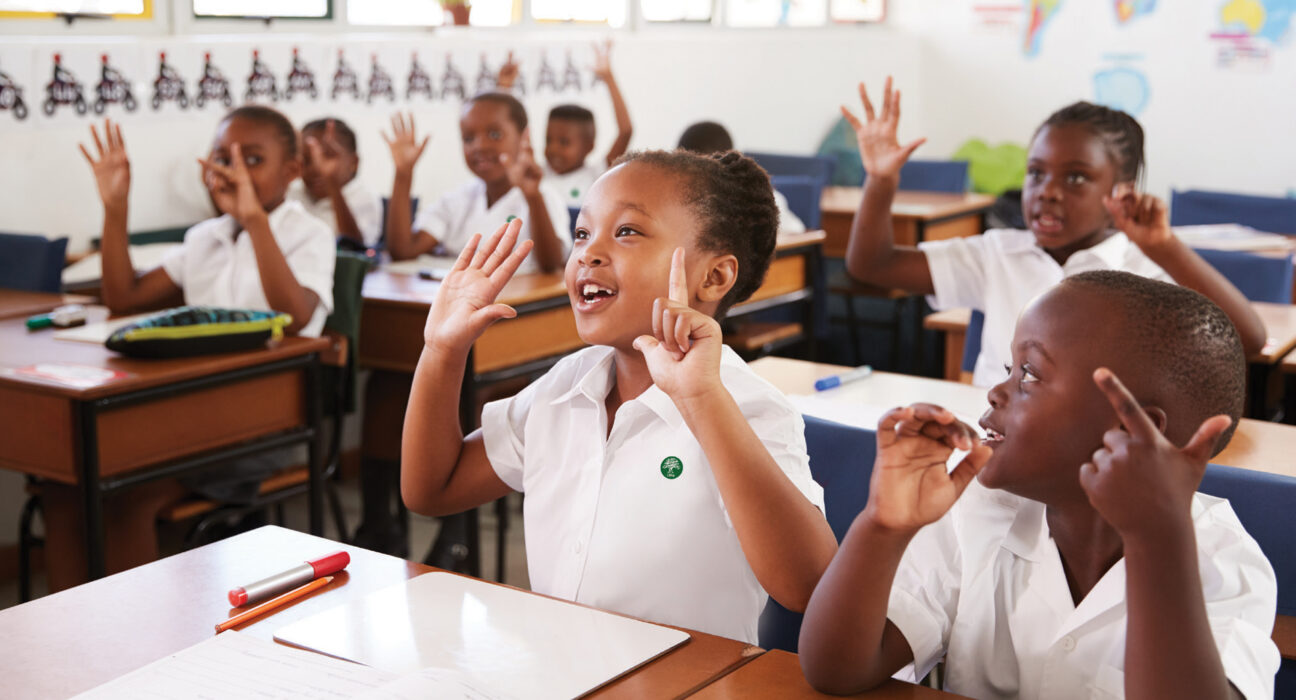The International Baccalaureate (IB) program is increasingly becoming a popular choice for parents and students in Kenya seeking a globally recognized and academically rigorous education. Known for its emphasis on critical thinking, intercultural understanding, and holistic development, the IB program offers a unique alternative to other curricula, such as the Kenyan National Curriculum, the British Curriculum, and the American Curriculum. This article provides a comprehensive overview of the IB program in Kenyan schools, exploring its structure, benefits, challenges, and how it compares to other educational systems.
What is the International Baccalaureate (IB) Program?
The International Baccalaureate (IB) program is an internationally recognized educational framework that was established in 1968 by the International Baccalaureate Organization (IBO) in Geneva, Switzerland. It offers four programs designed for students aged 3 to 19 years: the Primary Years Programme (PYP), the Middle Years Programme (MYP), the Diploma Programme (DP), and the Career-related Programme (CP). These programs are known for their rigorous academic standards, emphasis on student-centered learning, and focus on developing well-rounded individuals who can think critically and act responsibly in a global context.
IB Programs Offered in Kenyan Schools
Several schools in Kenya offer IB programs, catering to students at different educational stages. The most commonly offered programs are:
- Primary Years Programme (PYP): For students aged 3 to 12, the PYP focuses on developing the whole child, both in the classroom and in the world outside. It emphasizes inquiry-based learning, encouraging students to explore and ask questions about the world around them.
- Middle Years Programme (MYP): For students aged 11 to 16, the MYP provides a challenging framework that encourages students to make practical connections between their studies and the real world. It fosters intellectual development, personal growth, and intercultural understanding.
- Diploma Programme (DP): For students aged 16 to 19, the DP is a rigorous, two-year curriculum that prepares students for university and beyond. It includes six subject groups and three core components: Theory of Knowledge (TOK), the Extended Essay (EE), and Creativity, Activity, Service (CAS).
- Career-related Programme (CP): This program is designed for students aged 16 to 19 who wish to engage in career-related learning while gaining a broad educational experience. It combines the academic rigor of the DP with practical, real-world skills.
Benefits of the IB Program
The IB program is renowned for its numerous benefits, making it an attractive option for students and parents in Kenya. Some of the key advantages include:
- Global Recognition: IB diplomas are recognized by universities and employers worldwide, making it easier for students to pursue higher education or career opportunities abroad.
- Holistic Development: The IB program focuses on the intellectual, personal, emotional, and social development of students, fostering well-rounded individuals who are prepared for the challenges of the modern world.
- Critical Thinking: The IB curriculum encourages students to think critically, question assumptions, and approach problems from multiple perspectives, skills that are highly valued in higher education and the workplace.
- Intercultural Understanding: With an emphasis on global awareness and intercultural understanding, the IB program prepares students to become responsible global citizens who can navigate and contribute to an increasingly interconnected world.
- Flexibility and Choice: The IB program offers a wide range of subjects and allows students to tailor their education to their interests and strengths, promoting a personalized learning experience.
How the IB Program Differs from Other Curricula
The IB program differs from other educational systems in several ways. Unlike the Kenyan National Curriculum, which is more exam-focused, the IB program emphasizes continuous assessment and the development of skills over rote memorization. The British Curriculum (IGCSE and A-Levels) and the American Curriculum (AP) also differ from the IB in their structure and focus. The IB’s emphasis on a broad and balanced education, with a strong focus on global issues and intercultural understanding, sets it apart from other curricula, which may be more specialized or regionally focused.
Challenges of the IB Program
While the IB program offers many benefits, it also presents challenges, particularly for students and parents who are unfamiliar with its demands. The rigorous academic standards and workload can be challenging, requiring strong time management and organizational skills. Additionally, the IB program can be more expensive than other curricula, both in terms of tuition fees and additional costs such as textbooks and examination fees. Furthermore, the IB’s emphasis on independent learning and critical thinking may require students to adapt to new ways of learning, which can be difficult for those accustomed to more traditional educational systems.
Choosing the Right School for the IB Program
When considering the IB program for your child, it is important to choose a school that is fully accredited by the International Baccalaureate Organization and has a proven track record of academic excellence. In Kenya, several schools offer the IB program, including prestigious institutions in Nairobi, Mombasa, and other major cities. When selecting a school, consider factors such as the school’s facilities, teaching staff, extracurricular activities, and overall learning environment. Visiting the school and speaking with current students and parents can also provide valuable insights into the school’s IB program.
Preparing for the IB Program
If you decide to enroll your child in the IB program, preparation is key to ensuring a smooth transition and academic success. Encourage your child to develop strong study habits, time management skills, and a love of learning from an early age. Familiarize yourself with the IB curriculum and assessment methods, and provide support and encouragement throughout your child’s academic journey. Additionally, consider seeking out resources such as tutoring, study guides, and extracurricular activities that align with the IB’s educational philosophy.
The Future of the IB Program in Kenya
The IB program continues to grow in popularity in Kenya, as more schools adopt the curriculum and more parents recognize its value. As Kenya’s education system evolves and the demand for high-quality, globally recognized education increases, the IB program is likely to play an increasingly important role in the country’s educational landscape. The IB’s focus on developing critical thinking, intercultural understanding, and holistic development aligns with the needs of a rapidly changing world, making it a valuable option for students who aspire to succeed in a globalized society.
Conclusion
The International Baccalaureate (IB) program offers a unique and enriching educational experience for students in Kenya. With its focus on academic rigor, critical thinking, and global awareness, the IB program prepares students for success in higher education and beyond. While it presents certain challenges, the benefits of the IB program make it a compelling choice for parents and students seeking a world-class education. As the IB program continues to expand in Kenya, it will undoubtedly contribute to the development of future leaders who are well-equipped to navigate the complexities of an increasingly interconnected world.





